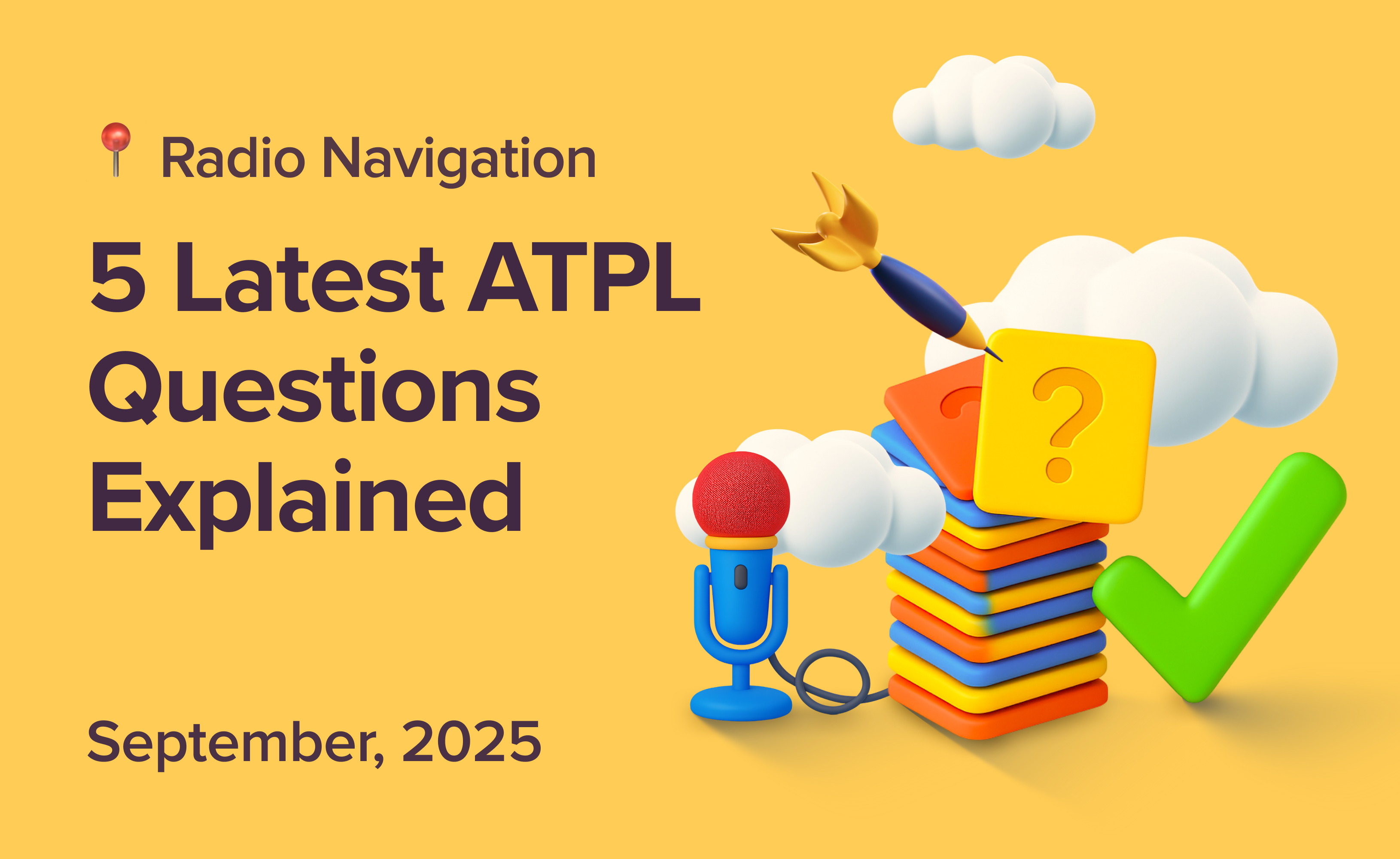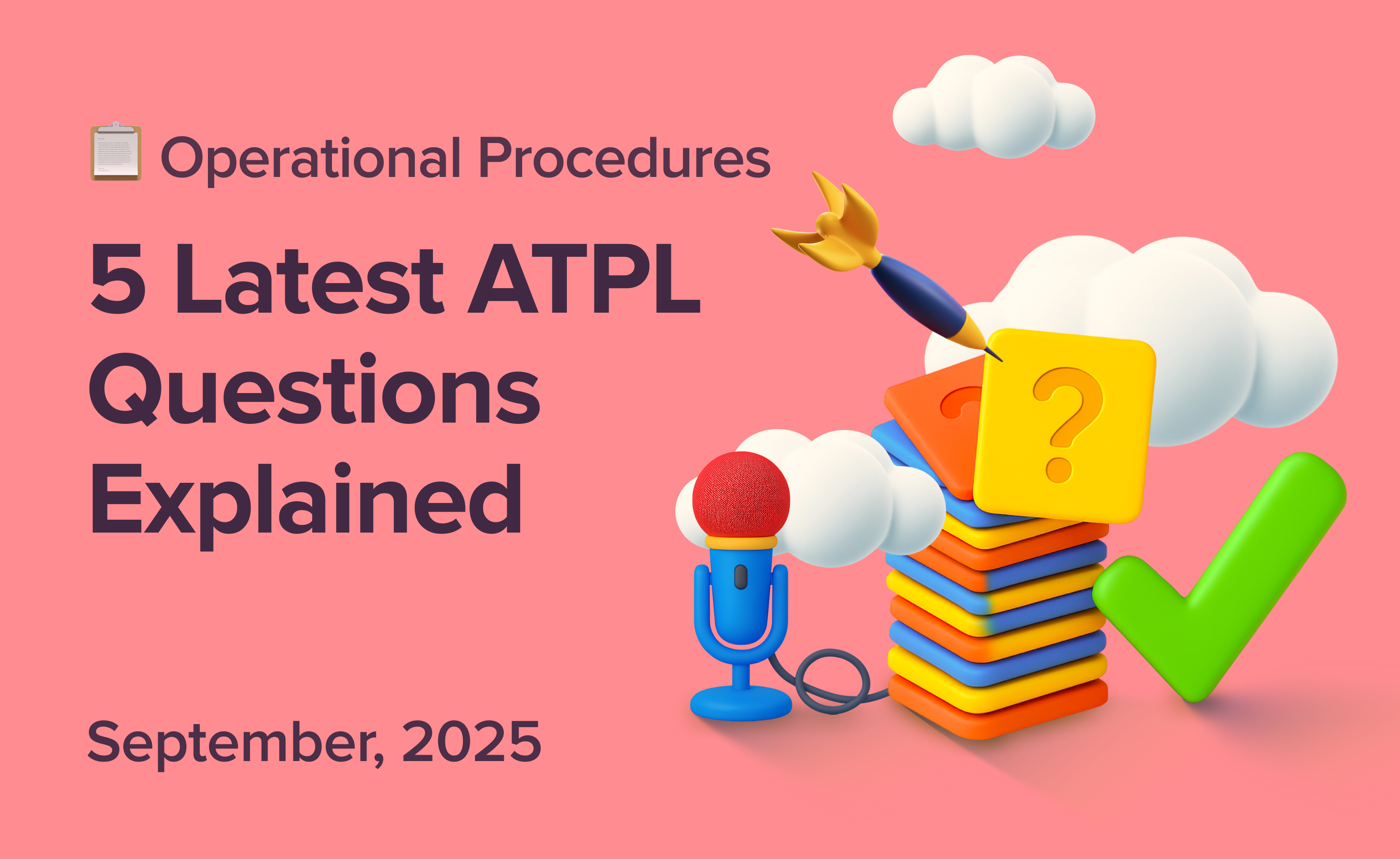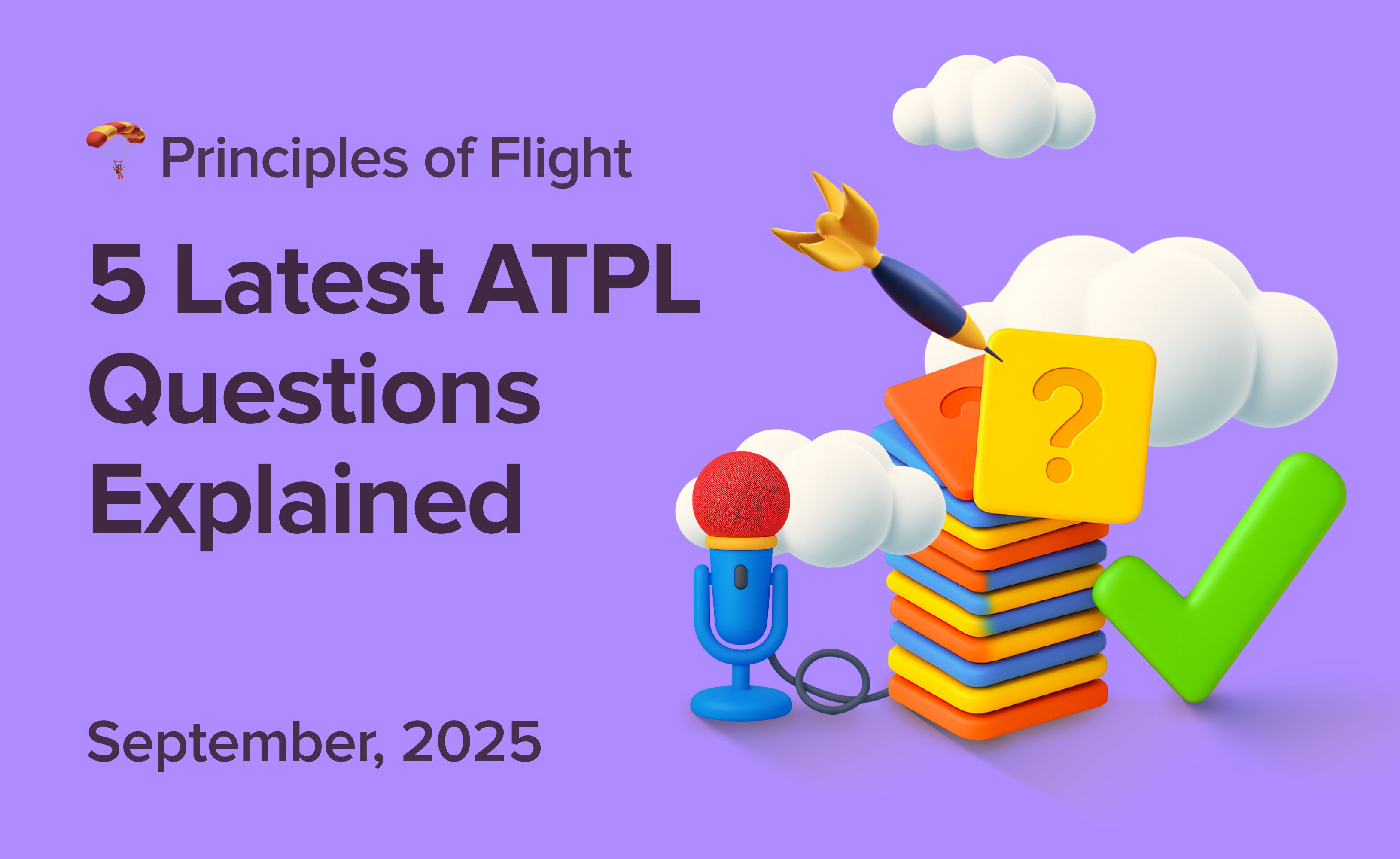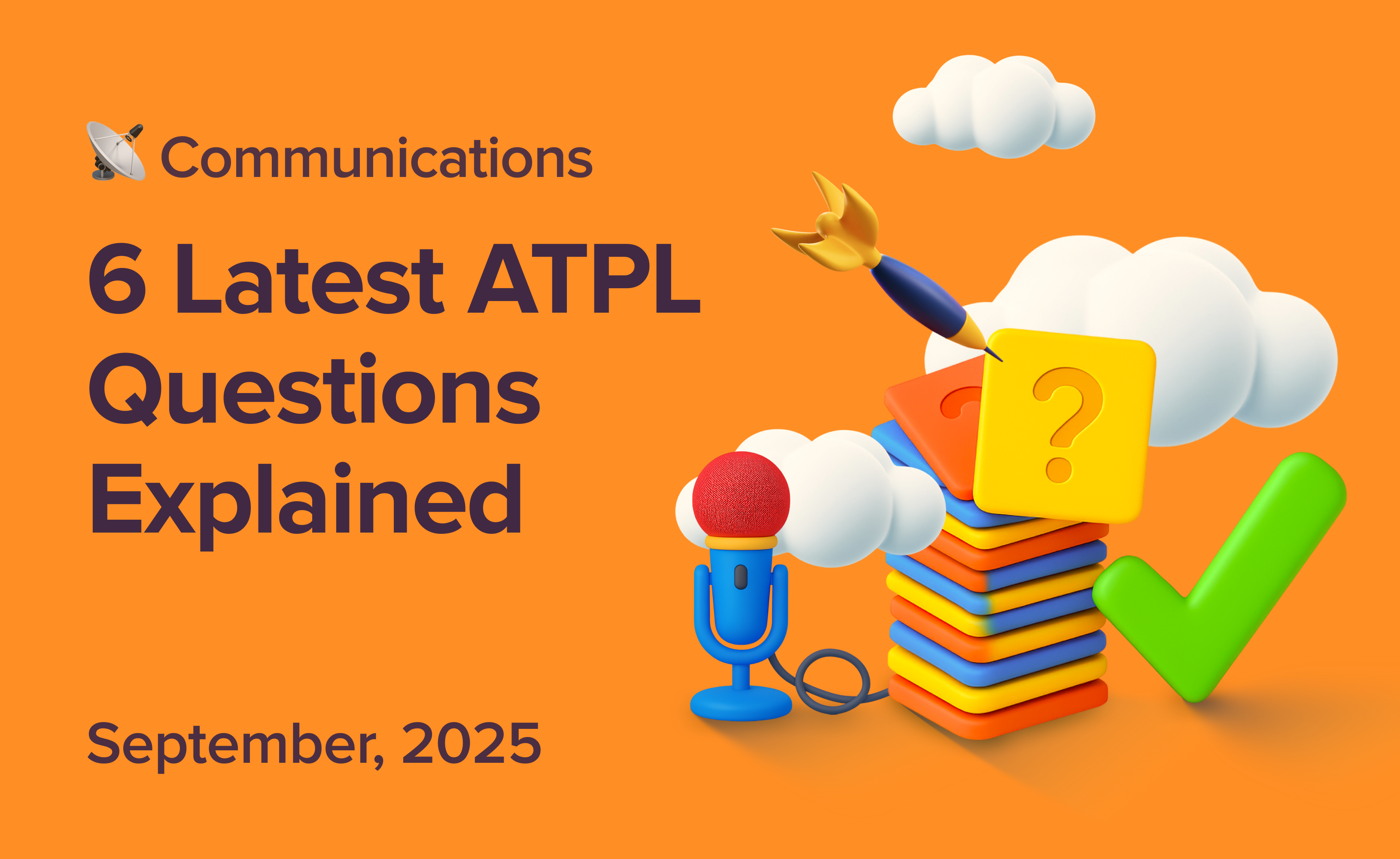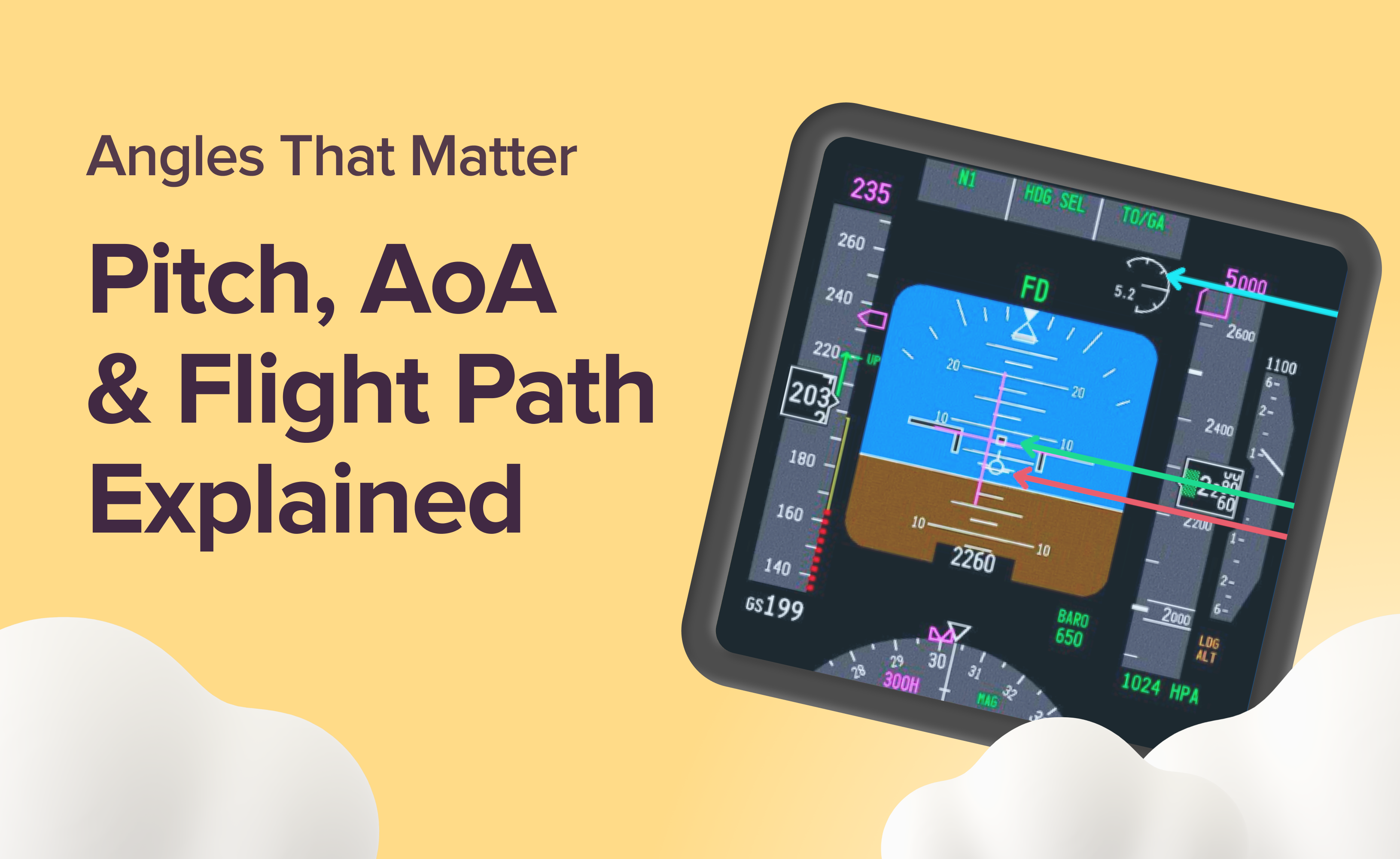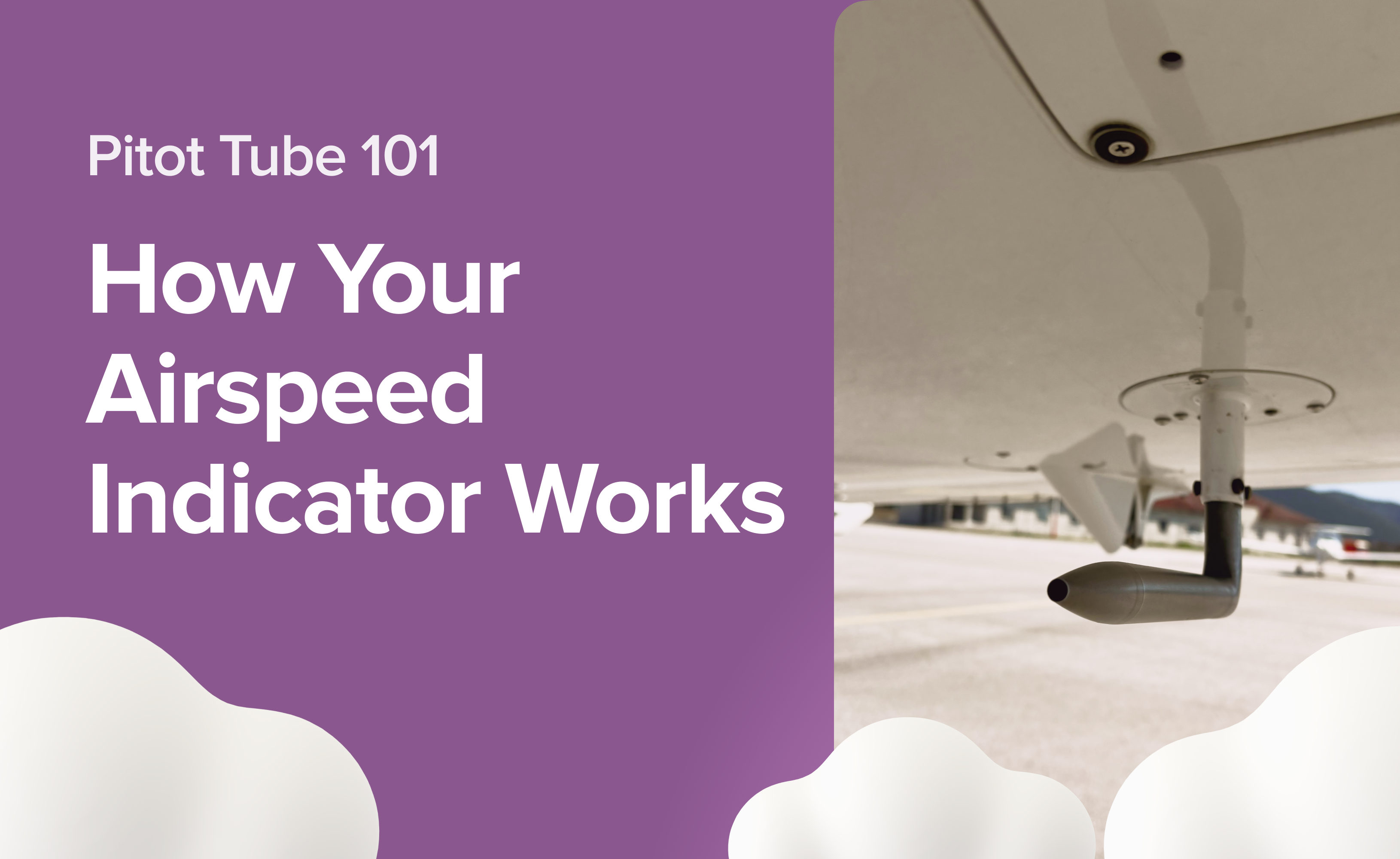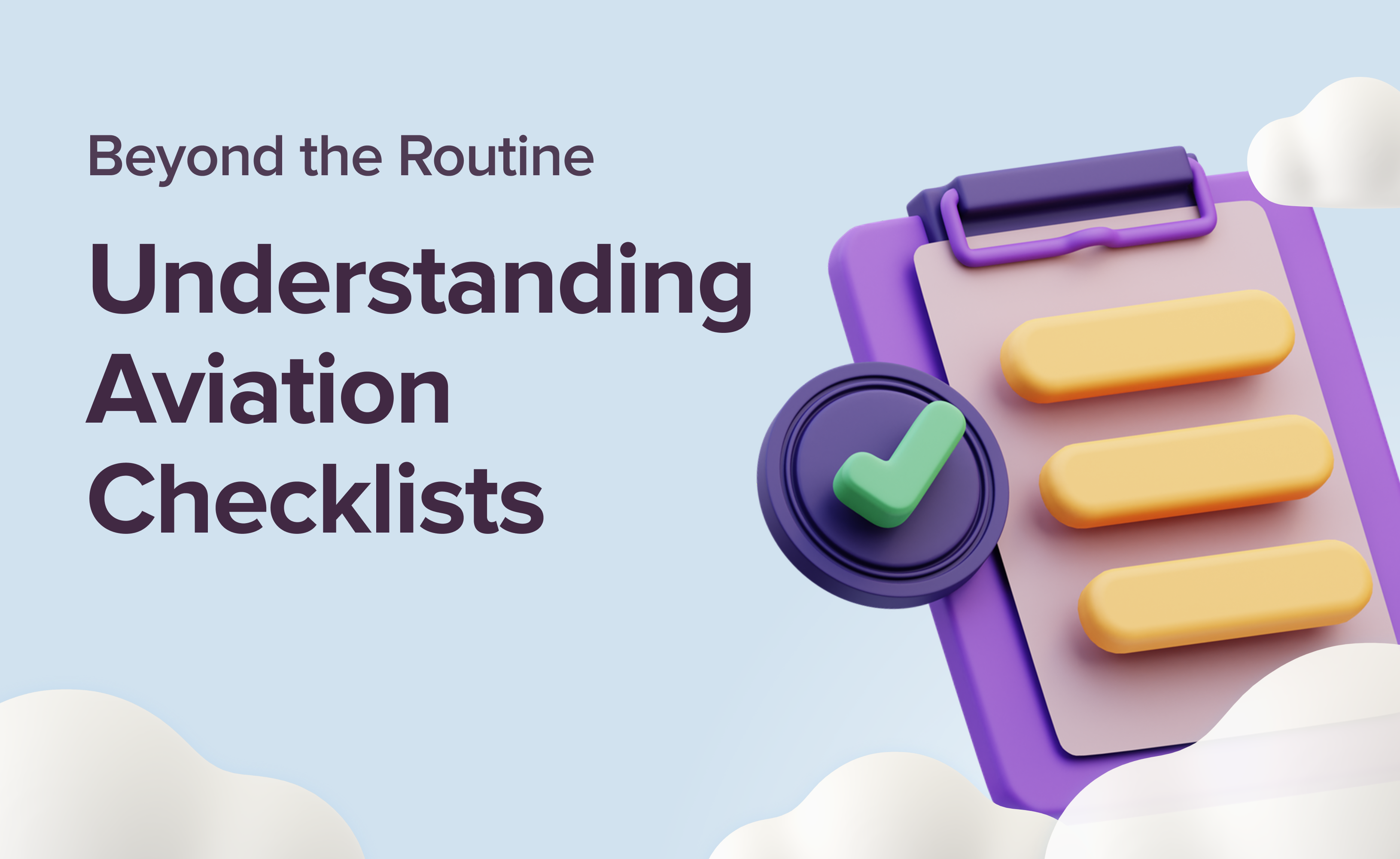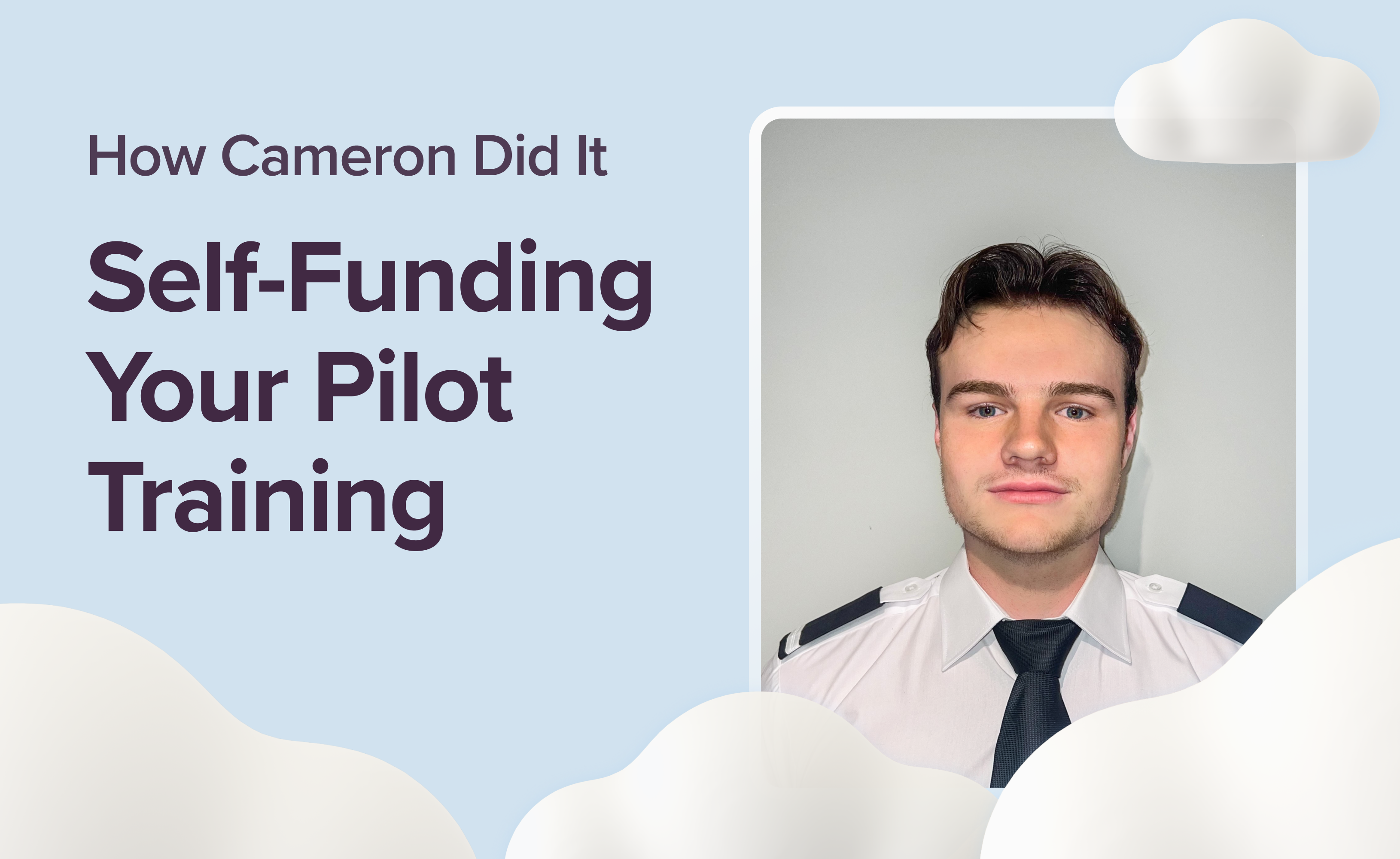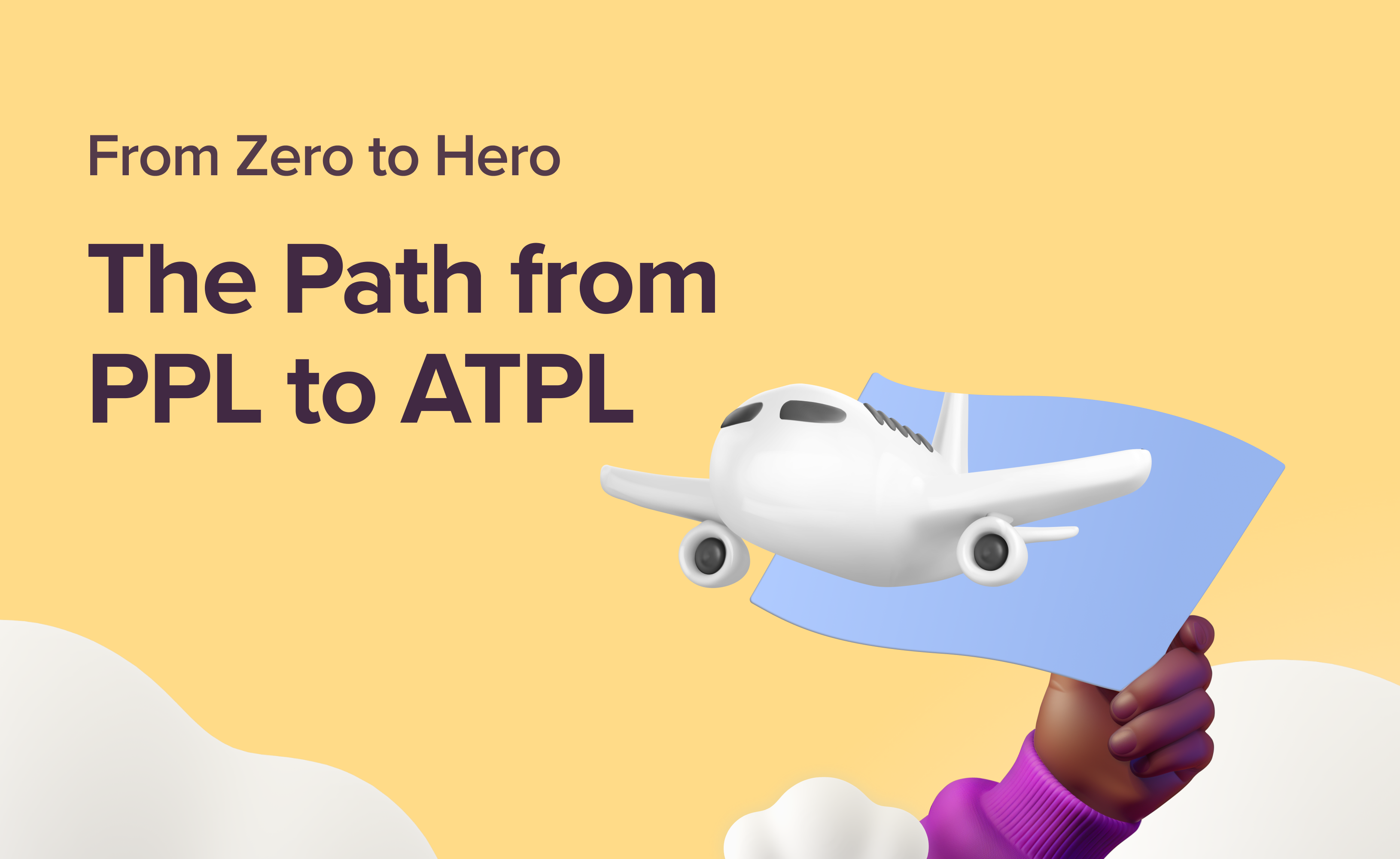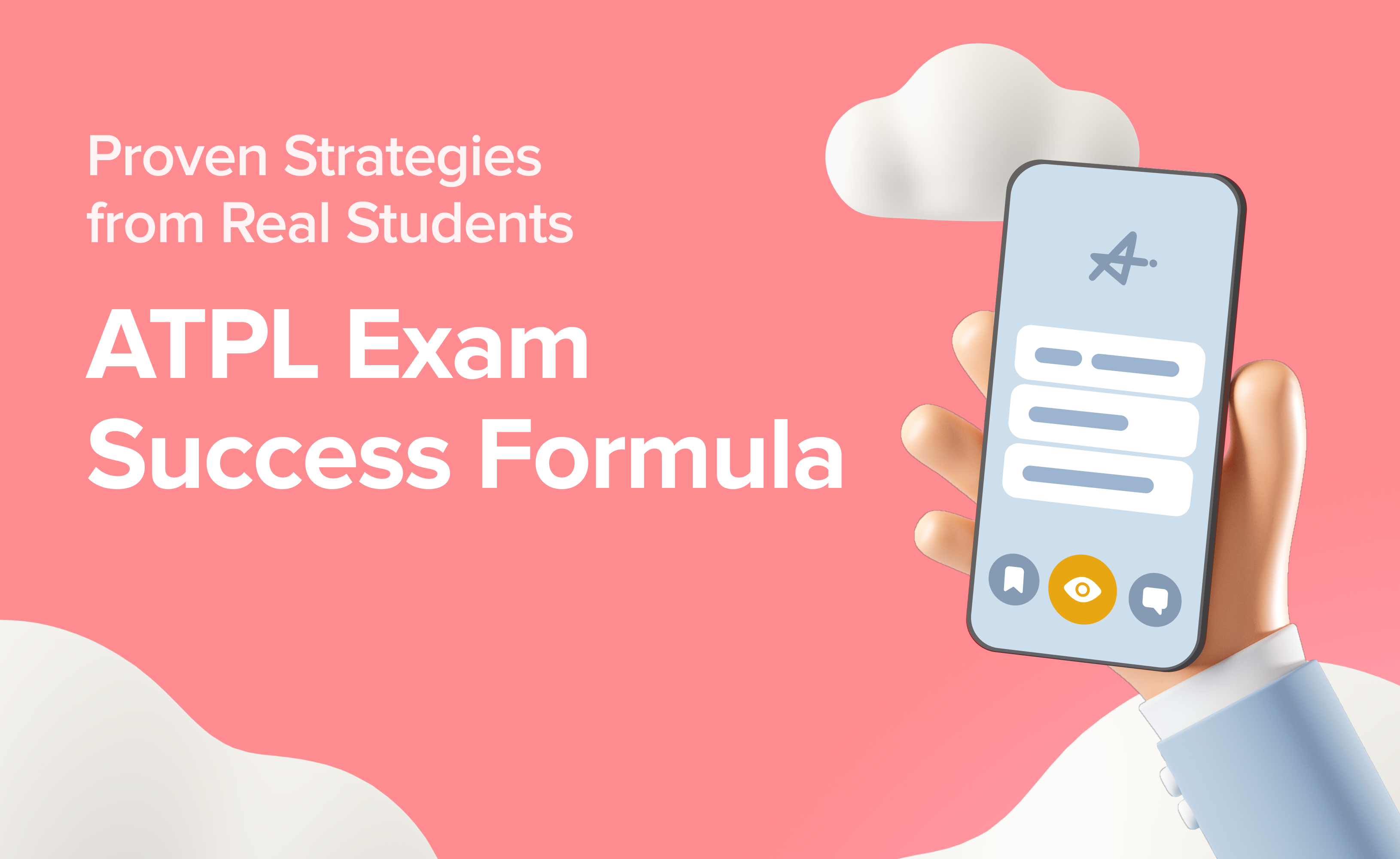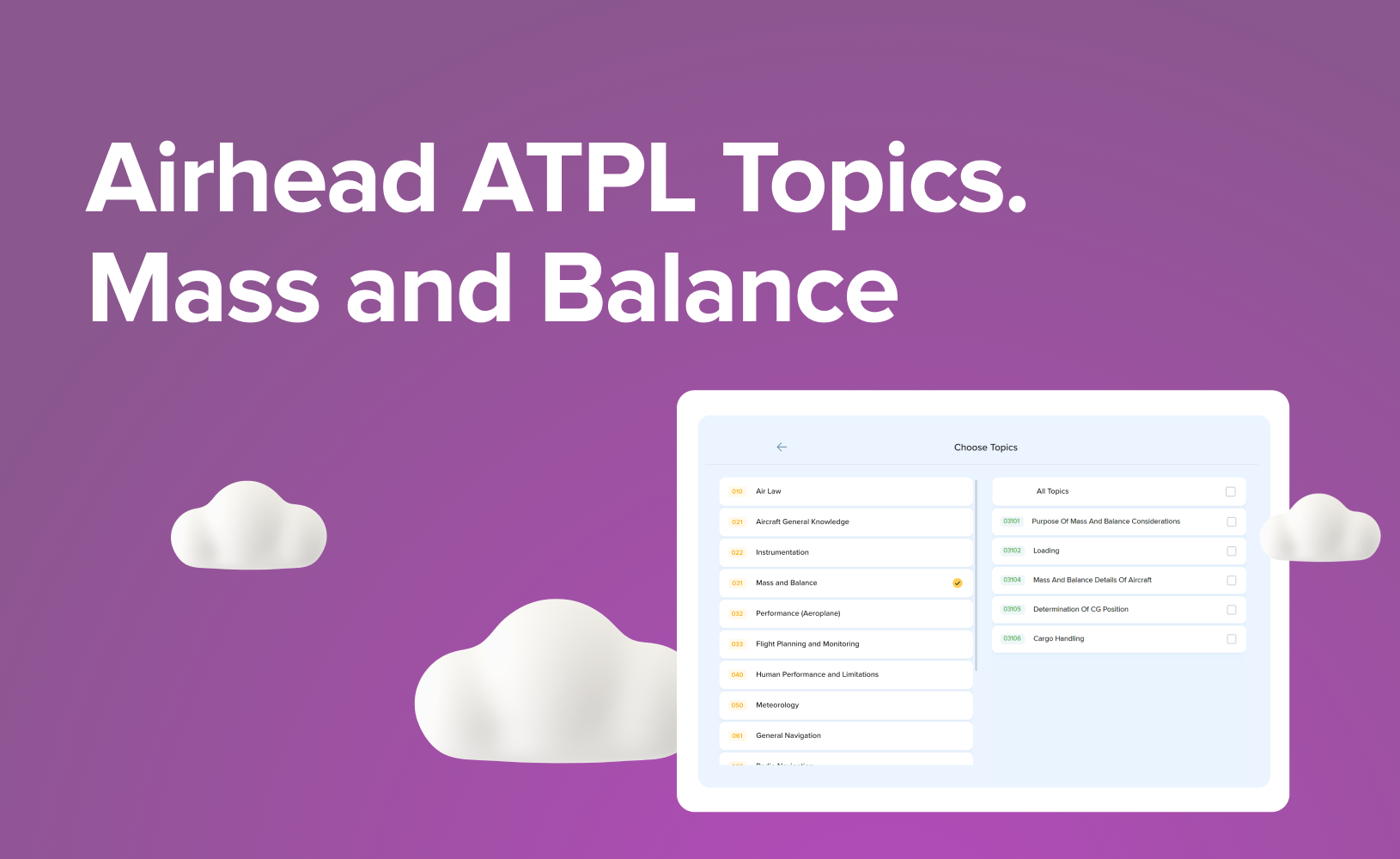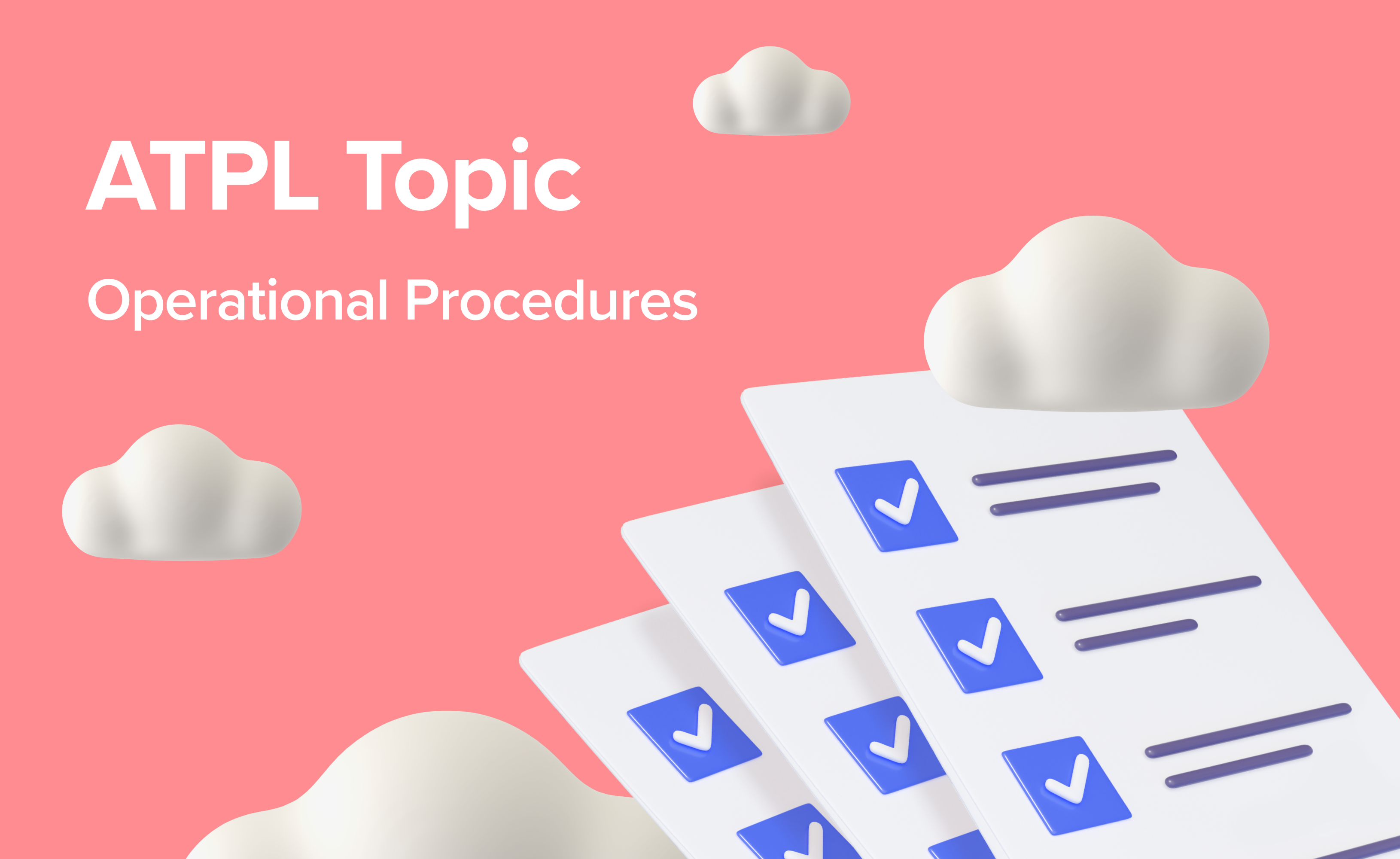Climbing the Clouds: Emily's Success Story on ATPL Exams
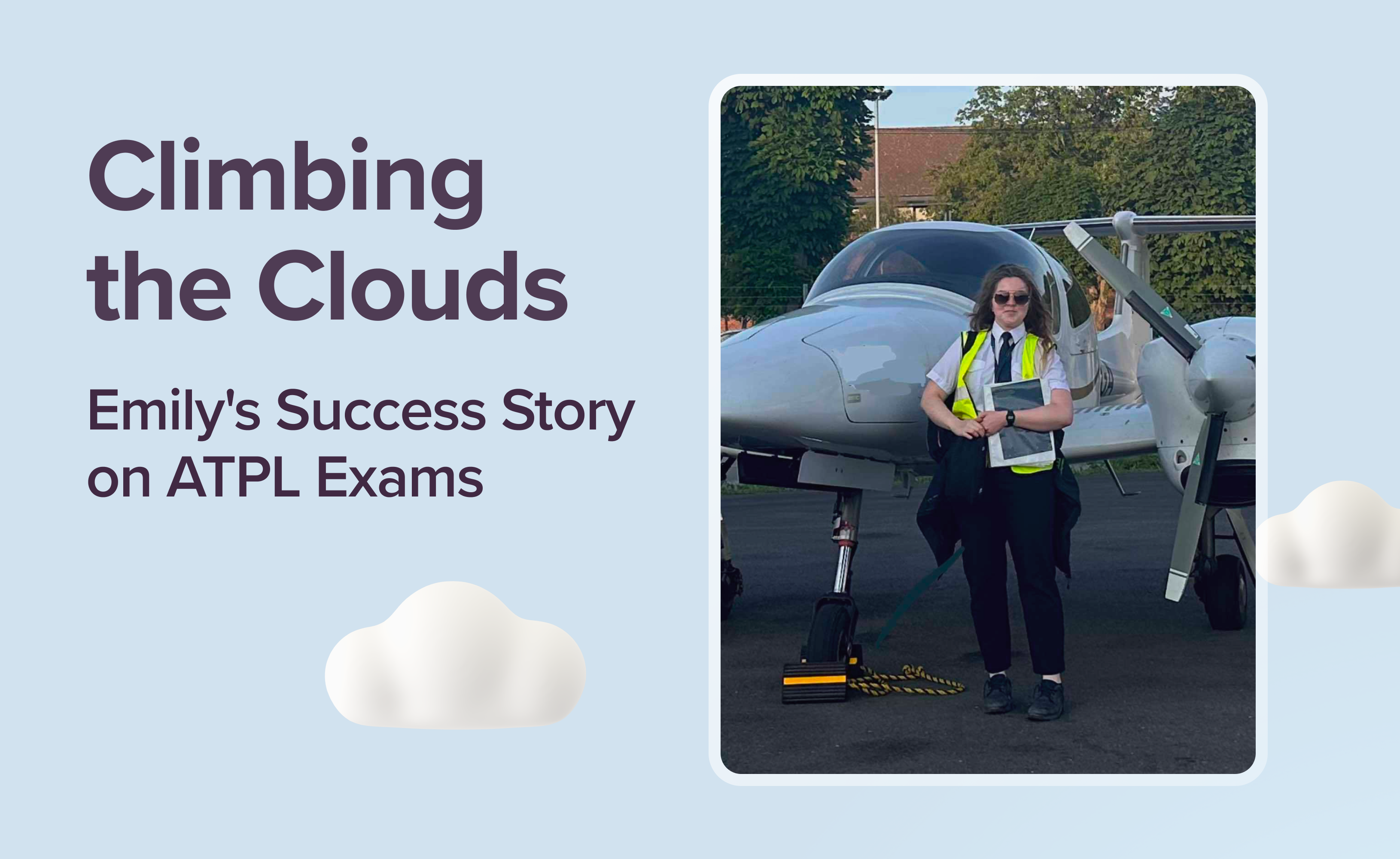
In this interview, we meet Emily, a determined pilot who recently successfully passed her ATPL exams. She shares her inspiring journey through the world of modular training, revealing the secrets to success – from choosing the perfect ground school to conquering those ATPL exams.
From a young age, Emily dreamt of soaring through the skies. However, her path to becoming a pilot wouldn't be a traditional one. She embarked on a modular training course, which presented unique challenges alongside incredible opportunities.
Embracing the Modular Approach
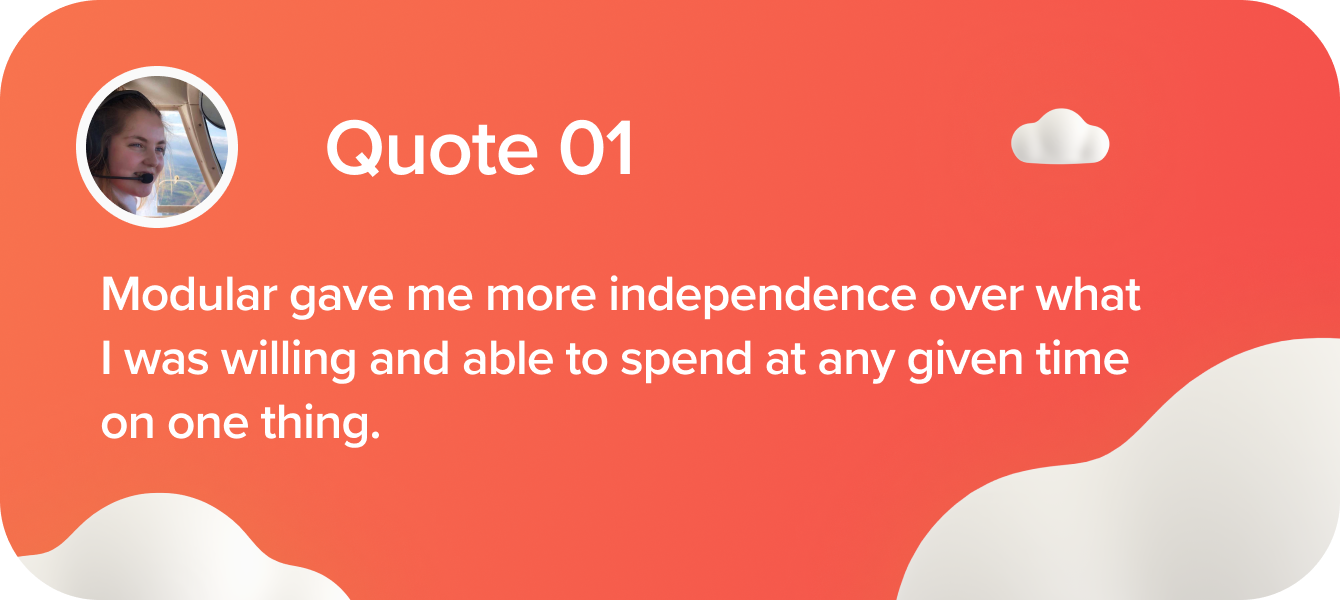
Initially, I pursued a combined degree program with pilot training. While it seemed ideal, I discovered that the modular approach better suited my needs. Financial constraints and the flexibility to select instructors and aircraft were key factors in this decision. Opting for modular training allowed me to tailor my education to my pace and learning style, without being confined to a single school. It gave me more independence over what I was willing and able to spend at any given time on one thing and also to go to different places.
Exploring the Modular Advantage
Taking the modular route opened doors to diverse learning experiences. I explored different schools across the country, encountering various instructors and a variety of aircraft. This exposure enriched my training, equipping me with a broad range of skills and perspectives. Additionally, the modular path offered a cost-effective solution, allowing me to manage my finances while steadily progressing towards my aviation career.
Overcoming Obstacles

Just as I began my training in late 2019, the COVID-19 pandemic struck. With only 15 flying hours logged, a six-month break due to lockdowns stalled my progress. Despite the interruption, I resumed training in September 2020 with renewed determination.
Every setback solidified my commitment, reminding me that every difficulty prepares you for a stronger comeback. I did ground school twice. It was horrible, but I look back on it and I miss it. It was amazing. Just appreciate it for the experience that it is.
Finding Success at Leading Edge
Completing my ATPL training at Leading Edge in Oxford was a decision I never regretted. Their exceptional instructors had a knack for explaining complex concepts in multiple ways, ensuring everyone grasped the material. The school's student-centred approach and supportive environment were instrumental in my success. The mutual support among students and the personalised attention I received made the experience, despite the challenges, truly enjoyable.
Class Size and Learning Environment

The size of the classes and environment significantly impacted my learning. I found that surrounding myself with people who share my interests keeps my engagement and motivation.
My initial ground school class comprised only seven students, fostering a close-knit environment where asking questions freely without judgment was encouraged. That's important when you're going through such an enjoyable but at the same time stressful process. Although the class size increased to 18, a sense of community remained. However, I could feel the difference.
So I became aware then that larger classes might not be as conducive to my learning style. It is critical to consider the intake sizes when choosing your ATO and the course before enrolling.
Strategies for Exam Success
Effective exam preparation requires meticulous planning. My strategy involved practising with online platforms like Airhead to access question banks. I liked the Airhead idea of getting all the banks in one subscription. This allowed me to target questions from recent exams sittings.

Our program divided the material into three modules, each lasting two to three months. Within each module, we had progress tests followed by a school final exam. To prepare for the actual exam, I didn't wait until the end of the module to use the question bank. Instead, I'd start practising questions from the bank after about a month of studying each subject.
Additionally, every week we created and participated in Kahoot quizzes with classmates. It transformed studying into engaging and informative sessions. That was actually helpful because that is how we remind each other of topics we might otherwise forget. There are concepts that you might learn and then forget to come back to them. Until you see it on the question bank. Or someone reminded you about it in conversation, or discussions with the instructor. Even if something's easy, don't overlook it. It's an average booster. Get that 100% don't settle for 75%.
Targeted Practising with Question Bank
I used Airhead Question Bank for four months from right before my first module exam settings to the end of the third. While practising, I used the filter function to focus on recently seen exam questions, specifically the last 100, 200, and 300. I just wanted as much practice as possible with exam-style questions.
This approach ensured I was exposed to the most relevant content. Furthermore, during my dedicated study week before the exam, I reviewed the most recent 100 questions from the bank.
This comprehensive approach proved highly effective. The exam contained questions I had encountered on Airhead, and I'm confident that without prior exposure, I might have missed them.
Conquering Exam Challenges
Time management
Time management during exams is crucial. It only is it difficult, but you don't have a lot of time in the ATPL exam to sit there thinking "I can't remember".
My strategy: If I couldn't answer a question within a minute, I'd move on to maximise the number of attempted questions. That worked for me.
Subject Difficulty
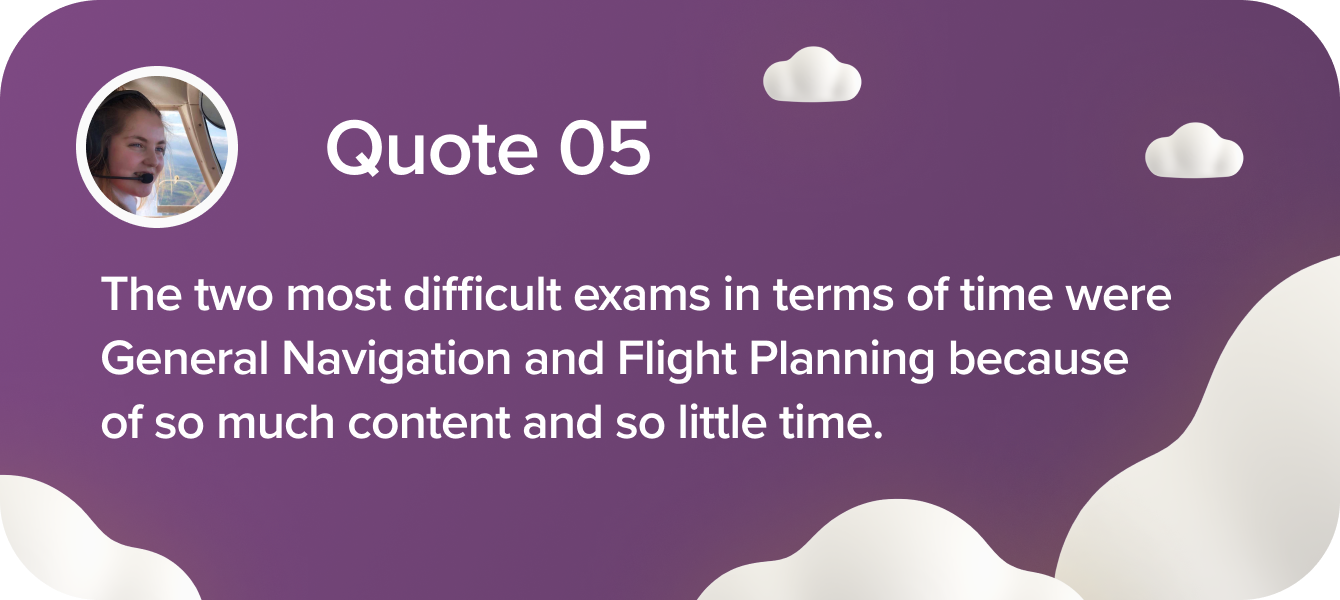
The hardest exam for me was Principles of Flight. I can back that up by saying that I failed it three times and then I passed it on the fourth attempt. For me, it was the subjects where you really need to get into the concepts and understand them off the top of your head.
The two most difficult exams in terms of time were General Navigation and Flight Planning because of so much content and so little time.
To master these subjects, I developed a method for tackling chart work efficiently. By grouping similar questions and addressing them systematically, I saved valuable exam time.
Timed Practice
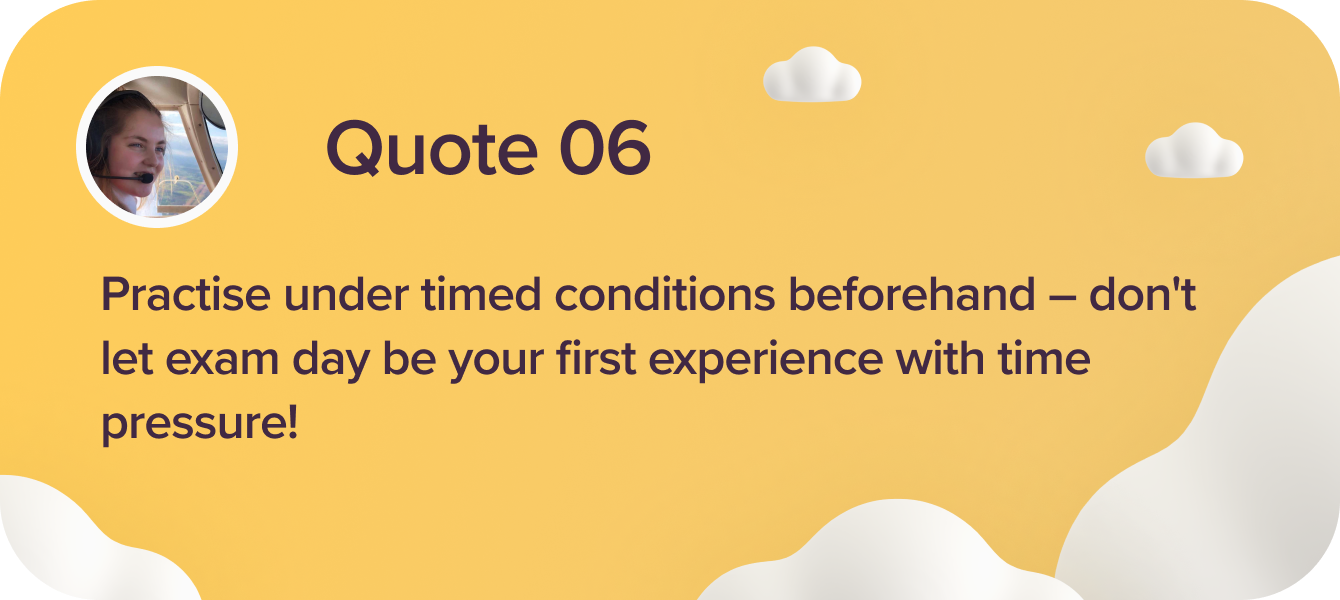
Practise under timed conditions beforehand — don't let exam day be your first experience with time pressure! It is the most appropriate success strategy. Since it helps you to stay calm and focused during the actual exam. Trust me, it's better to experience time pressure in a practice setting.
A Moment of Triumph: The Final Exam
As I approached the final exam, a mix of excitement and anxiety surged through me. I reviewed the final 100 questions from the question bank, a decision that proved immensely helpful. Many questions on the exam mirrored those I had studied, reinforcing the effectiveness of my preparation strategy.
To Wrap Up

Looking back, I realise the importance of asking questions and seeking help when needed. There were moments when I hesitated to reach out, thinking I could manage on my own. However, engaging in conversations and asking “silly” questions often provided clarity and prevented unnecessary stress.
The only thing that I would have done differently is to speak to people more. Sometimes times that I thought I was not going to ask. I can figure it out on my own. And then I either got distracted or never figured out or just forgot. Then I came to the exam and thought, “I meant to ask someone about that…”
If you have a question – ask about it. Talk to people. Have conversations. Always ask silly questions, they're fun and useful.
Airhead is proud to share Emily's story. Her journey reminds us that with determination, flexibility, and the right strategies, any dream can take flight!


